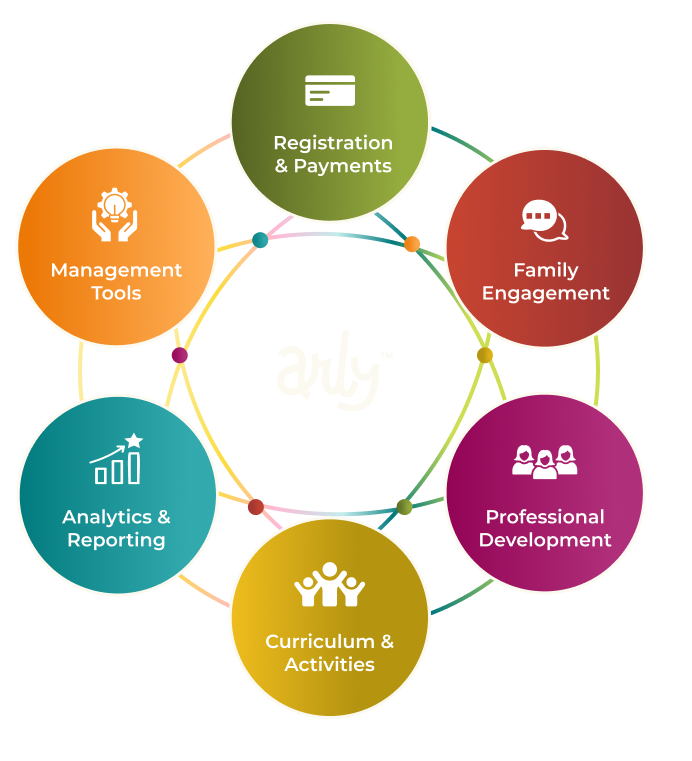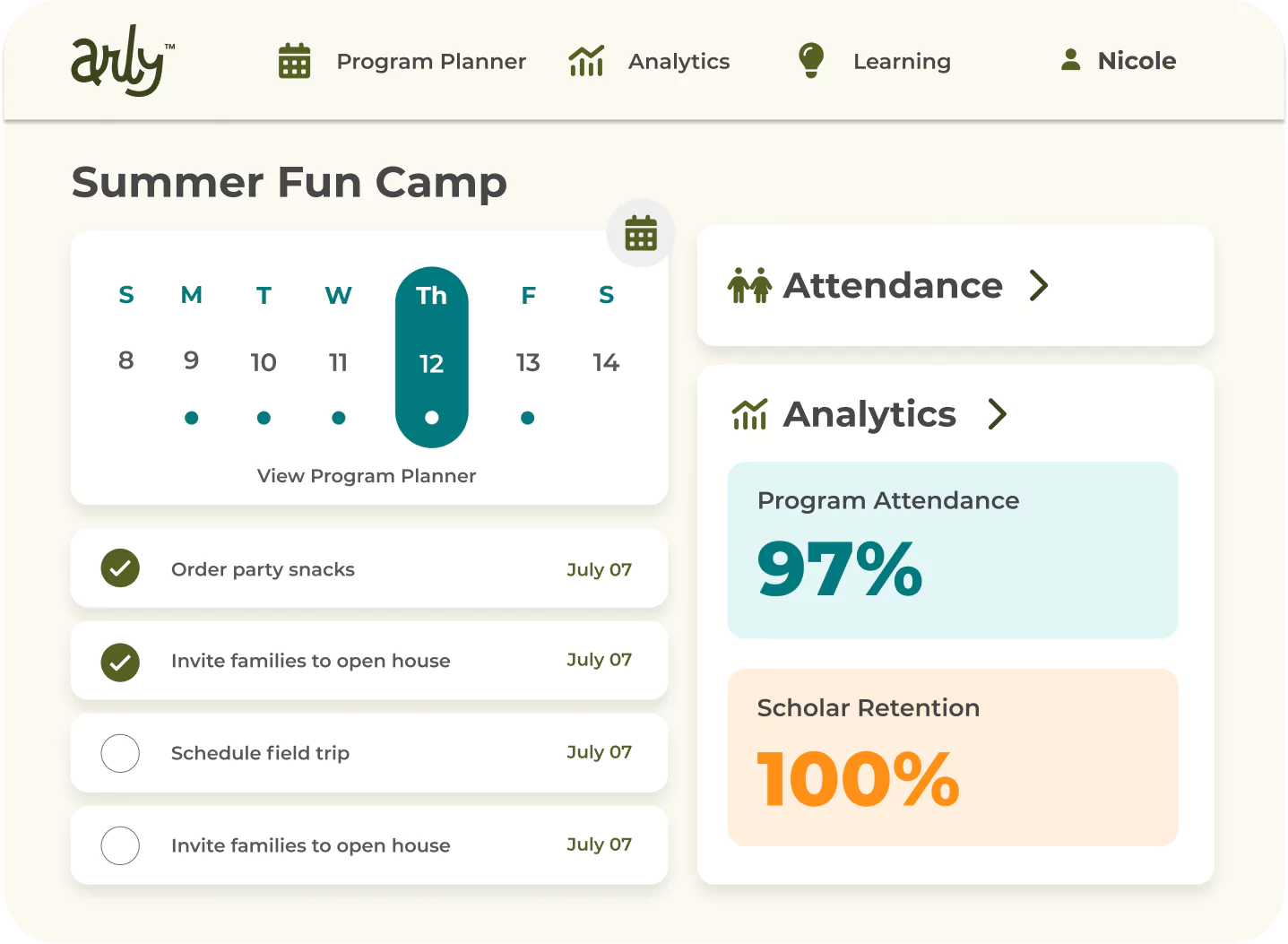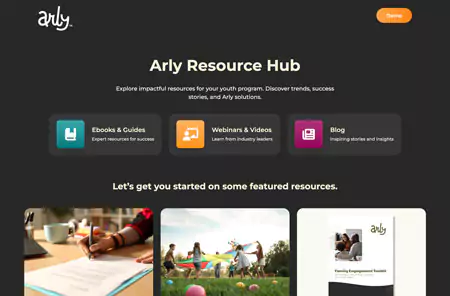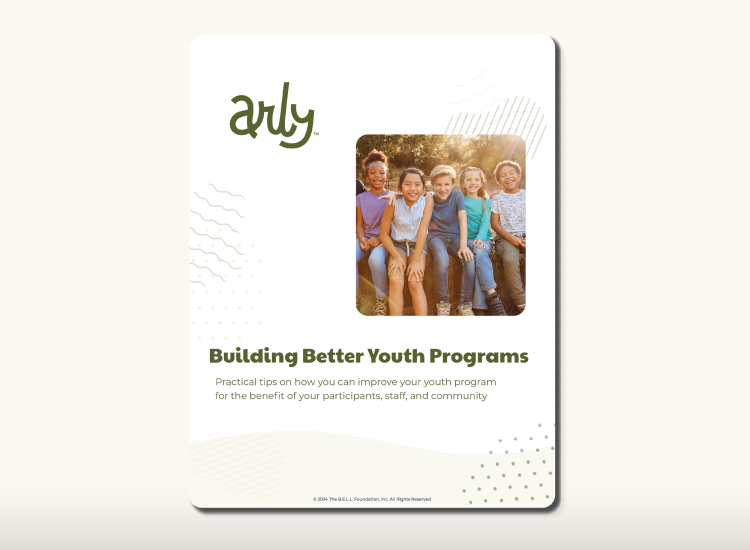Summer is a time for fun, relaxation, and new experiences—but it’s also a great opportunity for kids to continue learning in exciting and engaging ways! Summer and out-of-school time (OST) programs play a vital role in keeping kids active, curious, and prepared for the next school year.
Start Planning Early
The best summer programs don’t happen overnight. Start early to ensure your curriculum aligns with your program’s mission and learning goals. Consider what skills and knowledge kids can gain over the summer while still allowing for hands-on fun. Whether you’re choosing a pre-made curriculum or designing your own, planning ahead gives you time to gather resources, train staff, and set up an enriching experience for students.
Make the Most of Diverse Learning Opportunities
Unlike the structured school year, summer offers more flexibility to take learning outside the classroom. Take advantage of the season by incorporating outdoor activities, field trips, and hands-on projects that bring lessons to life. If you’re focusing on science, turn the outdoors into a learning lab with nature scavenger hunts, water experiments, or gardening. If literacy is a goal, try themed storytelling sessions under the sun. Summer is the perfect time to encourage experiential learning!
Fill Learning Gaps with Fun Activities
Many students experience the "summer slide," losing math and literacy progress over the break. Your summer program can help bridge those gaps by reinforcing key skills while making learning enjoyable. Research shows that parents enroll kids in summer programs to expose them to new experiences beyond school. Identify areas where kids may need extra support—whether it’s math, reading, the arts, or life skills—and design activities that keep them engaged. For example, a music and movement session can enhance math skills through rhythm and counting, while a cooking class can teach fractions and measurements in a hands-on way.
Support the Whole Child
A great summer program is about more than academics—it nurtures the whole child. Physical activity, social-emotional learning, creativity, and essential life skills should all be part of your curriculum. Think of ways to balance structured learning with free play, teamwork, and self-expression. As Takel Shavers, youth development operations director of YMCA of Greater Richmond, explains, “if a child isn’t feeling well inside or encouraged enough to be able to have control of their feelings, then they’re not going to do well academically.” A well-rounded curriculum ensures kids grow in every aspect of development.
Keep It Light & Fun
Above all, summer learning should be fun! Parents overwhelmingly say the best summer programs are the ones their kids enjoy most. Keep activities fresh, engaging, and different from what kids experience during the school year. Think of hands-on STEM challenges, art projects, team sports, water play, and themed weeks to make each day exciting. The more enjoyable the program, the more kids will want to come back—and the more they’ll learn in the process.






%20(1320%20x%20980%20px)%20(660%20x%20490%20px)%20(600%20x%20350%20px).png)

%20(7).png)
%20(89).png)
%20(4).png)